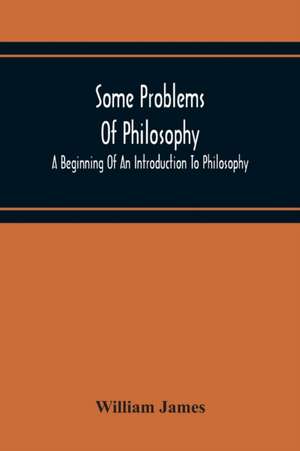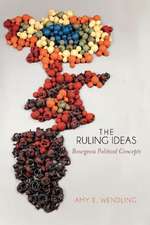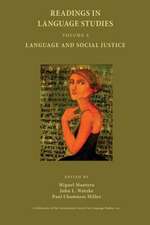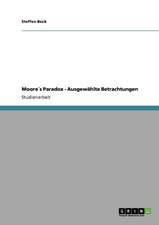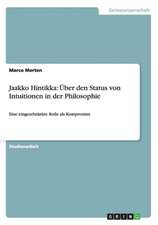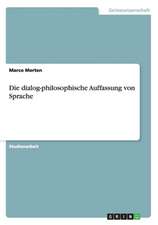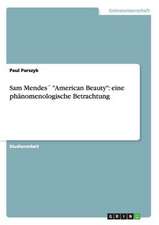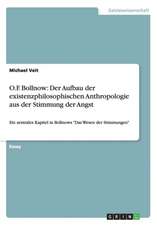Some Problems Of Philosophy
Autor William Jamesen Limba Engleză Paperback – 19 noi 2020
| Toate formatele și edițiile | Preț | Express |
|---|---|---|
| Paperback (5) | 107.13 lei 6-8 săpt. | |
| Alpha Editions – 19 noi 2020 | 107.13 lei 6-8 săpt. | |
| LIGHTNING SOURCE INC – 16 mai 2018 | 122.89 lei 17-23 zile | |
| Nebraska Paperback – 31 mar 1996 | 158.40 lei 6-8 săpt. | |
| LIGHTNING SOURCE INC – 26 mai 2018 | 162.50 lei 17-23 zile | |
| Hesperides Press – 11 noi 2006 | 190.69 lei 6-8 săpt. | |
| Hardback (1) | 984.60 lei 6-8 săpt. | |
| Harvard University Press – 30 iun 1990 | 984.60 lei 6-8 săpt. |
Preț: 107.13 lei
Nou
Puncte Express: 161
Preț estimativ în valută:
20.50€ • 21.45$ • 17.03£
20.50€ • 21.45$ • 17.03£
Carte tipărită la comandă
Livrare economică 02-16 aprilie
Preluare comenzi: 021 569.72.76
Specificații
ISBN-13: 9789354219146
ISBN-10: 9354219144
Pagini: 250
Dimensiuni: 152 x 229 x 15 mm
Greutate: 0.41 kg
Editura: Alpha Editions
ISBN-10: 9354219144
Pagini: 250
Dimensiuni: 152 x 229 x 15 mm
Greutate: 0.41 kg
Editura: Alpha Editions
Notă biografică
William James was an American philosopher, historian, and psychologist. He was born on January 11, 1842, and died on August 26, 1910. He was the first teacher in the United States to teach a psychology course. James and Charles Sanders Peirce started the philosophical school called pragmatism, and James is also considered one of the founders of functional psychology. James studied medicine, physiology, and biology, and he started teaching in those fields. However, he was drawn to the scientific study of the human mind at a time when psychology was becoming a science. James's knowledge of the work of people like Hermann Helmholtz in Germany and Pierre Janet in France helped him get scientific psychology classes started at Harvard University. In the 1875-1876 school year, he taught his first experimental psychology class at Harvard.
Recenzii
"Philosophy, beginning in wonder, as Plato and Aristotle said, is able to fancy everything different from what it is. It sees the familiar as if it were strange, and the strange as if it were familiar. It can take things up and lay them down again. Its mind is full of air that plays round every subject. It rouses us from our native dogmatic slumber and breaks up our caked prejudices. Historically it has always been a sort of fecundation of four different human interests, science, poetry, religion, and logic, by one another. It has sought by hard reasoning for results emotionally valuable. To have some contact with it, to catch its influence, is thus good for both literary and scientific students. By its poetry it appeals to literary minds; but its logic stiffens them up and remedies their softness. By its logic it appeals to the scientific; but softens them by its other aspects, and saves them from too dry a technicality. Both types of student ought to get from philosophy a livelier spirit, more air, more mental background."—William James, Some Problems of Philosophy
Descriere
Descriere de la o altă ediție sau format:
Step by step the reader is introduced, through analysis of the fundamental problems of Being, the relation of thoughts to things, novelty, causation, and the Infinite, to the original philosophical synthesis that James called radical empiricism. This is the seventh volume to be published in The Works of William James.
Step by step the reader is introduced, through analysis of the fundamental problems of Being, the relation of thoughts to things, novelty, causation, and the Infinite, to the original philosophical synthesis that James called radical empiricism. This is the seventh volume to be published in The Works of William James.
